The Global Society for Good Leadership is part of a pro bono initiative of “engaged scholarship”, called the Good Organisation inquiry, in partnership with the University of St. Gallen, Switzerland (a Top 5 European Business School).
Our aim is to inspire the ethical transformation of organisations, by researching, revising and reforming standards and best practices for responsible business governance and management, as well as leadership education.
The project has four focus main work areas:
- Foundational research in organizational science and ethics to establish a coherent set of ethical principles for economy, organisations and leadership;
- Certification and development of best practices and success measures for good organisations;
- Professional qualification and education of leaders to inspire and support the ethical transformation of global and complex businesses, focused on practical wisdom;
- Development of policy recommendations to regulate a good economy.
We aim to engage in active academia-practitioner dialogue across all four areas to develop an actionable body of knowledge for responsible business leaders by 2024. We will also collaborate with interested academic and educational institution to develop modules for good leadership development and create an initial prototype for a “Leadership Society” with interested professionals.
Further conversion of the prototype into a non-profit foundation and an active social movement to support the inter-institutional development of Good Leadership theory and practice will dependent on the successful completion and testing of our theoretical models, as well as the interest and support from sponsors, organisations and individual leaders.
Please note that all content provided on our website is strictly non-commercial and offered primarily to stimulate critical dialogue and shared development with academics and practitioners. Thank you for being part of an urgent and necessary inquiry for the development of better business!



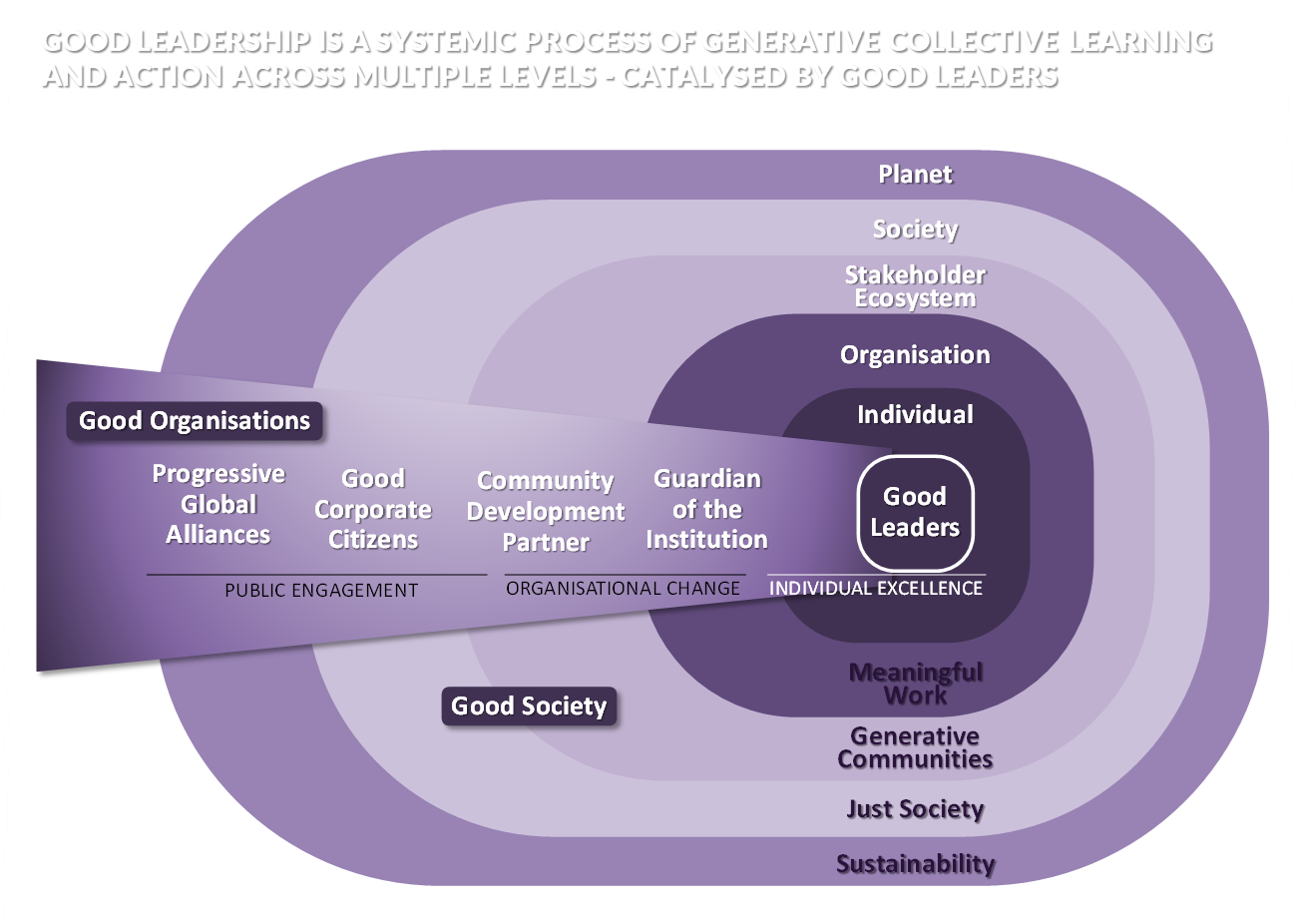



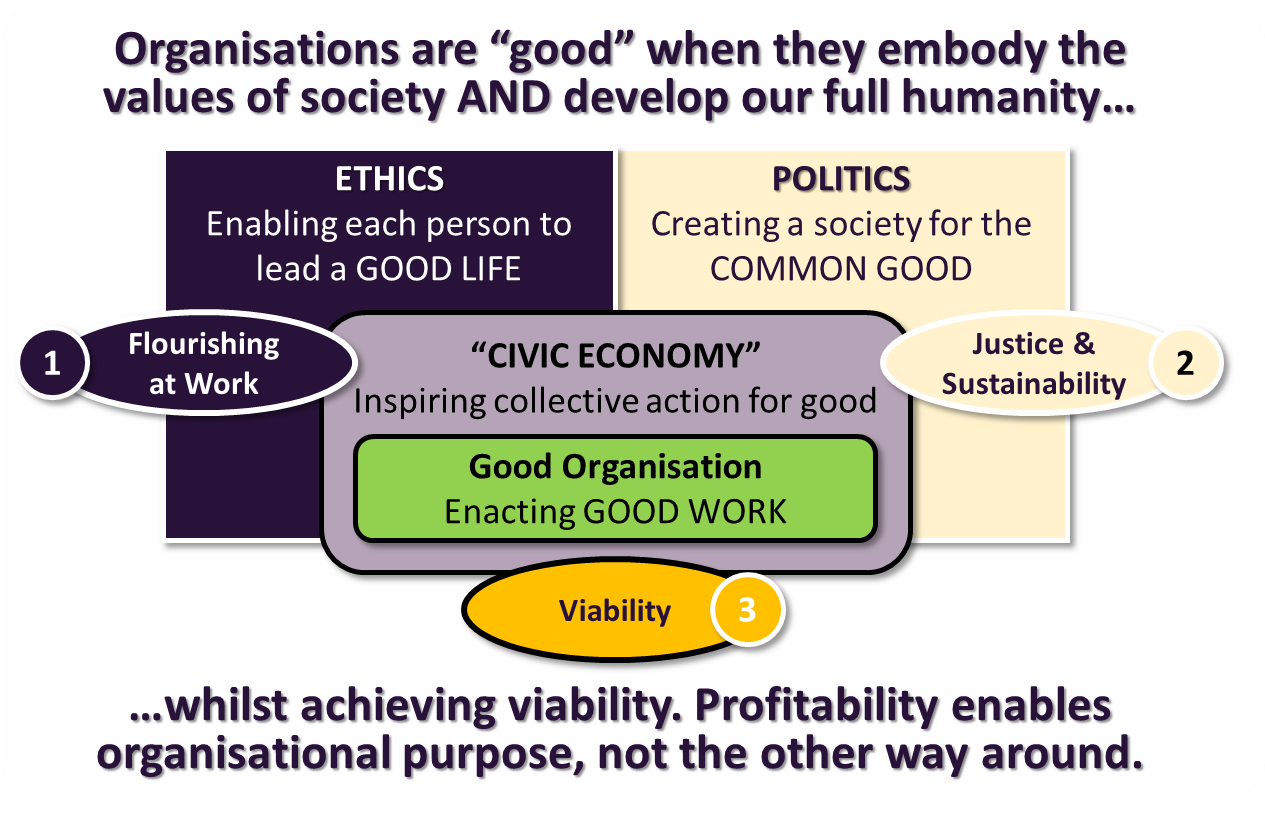
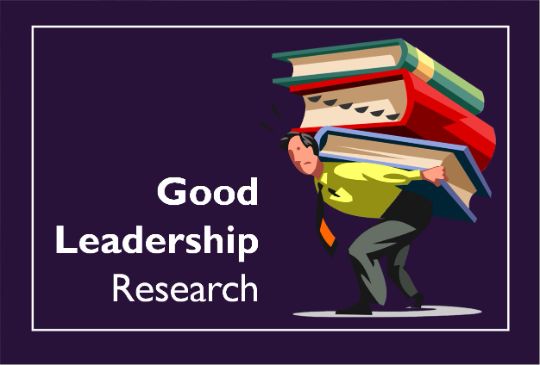
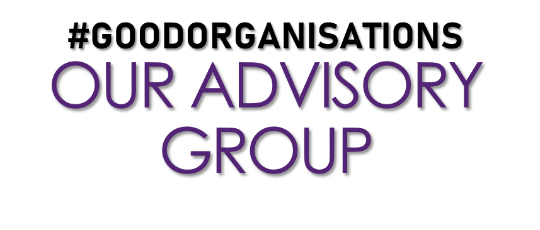







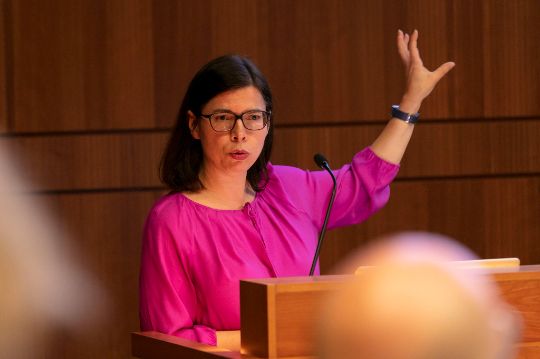
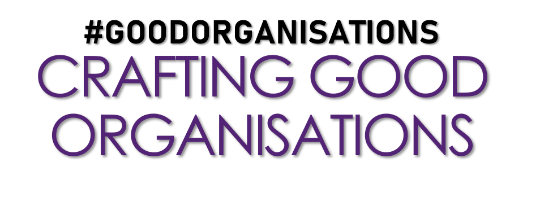
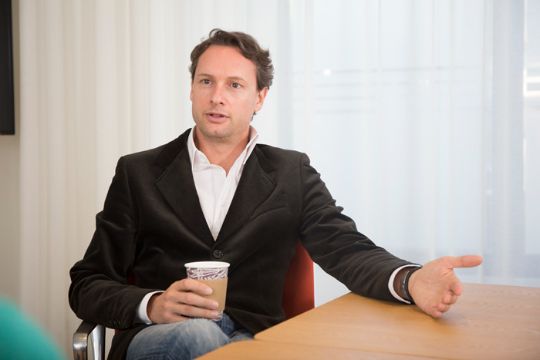



 .
.